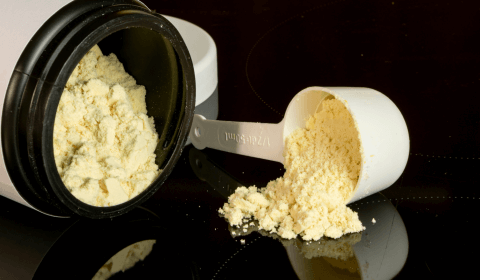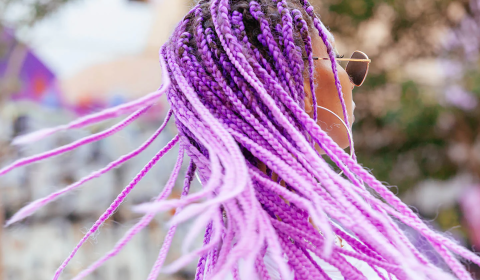Social media loves a good portion of cosplay. First, it was 50s family values, and now we are back in ancient times.
Do you remember tradwives? The familiar soft voices and long dresses are back. This time, though, the kitchen has been swapped by nature, adhering to mostly Western influencers’ reinterpretation of spirituality to empower women.
They’re easy to spot if you still haven’t met divine feminine influencers. Just type words such as ‘wild women,’ ‘witch,’ or ‘daughter of nature’ into your search bar, and voila!
The divine feminine idea’s core comes from the belief that the patriarchal system leads women to employ more ‘masculine’ traits over feminine ones to achieve success. However, what they promote differs, as there is no definite explanation for feminine and masculine energy.
Some content creators employ ecofeminist legacies, such as inviting women to connect with nature and creating sisterhood circles to act in solidarity. Others give recommendations like not swearing or not proposing to a man.
Because what they promote is more ambiguous than the tradwife trend, it’s harder to determine whether the movement supports or undermines feminist gains. However, influencers who claim to have overcome diseases by practising feminine energy foster false hope.
For example, Zoe You Gilligan from Women’s magazine finds the divine feminine trend to be repackaged patriarchy. She believes the influencers’ understanding of feminine and masculine energy recreates stereotypical duality between genders, such as emotional vs. logical, passive vs. active, and follower vs. leader.
A divine feminine would never:
– Make the first move
– Plan the first date
– Go 50/50 with a man
– Allow herself to be lusted over
– Initiate physical contact (kiss, hold hands)
– Tell a man what to do or try to change/mother him
– Propose to a man or make him marry her— Cleopatra 🪷 ✞ (@amandaperera) February 2, 2025
On the contrary, Allie Casazzan argues that sacred femininity is not about gender; it’s the means to rethink the action-oriented world and prioritize one’s wellbeing.
Alvin Palmejar from Influencer Forum approaches the discussions differently. For her, divine feminine influencers have the potential to be empowering for women as they teach them to embrace all their sides and open them to all forms of self-expression.
Still, she highlights the importance of the balance in the language as many exclude queer, non-binary, or transgender individuals.
But can someone really empower women if they don’t include all of them? Can a movement fight the patriarchy if it leaves out the very same people the system wants to marginalize?




















